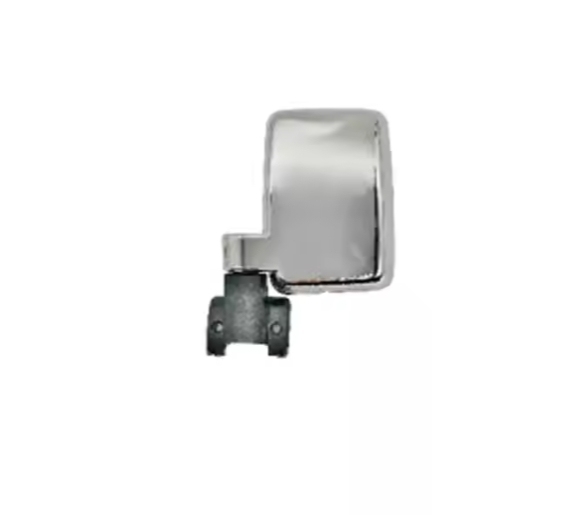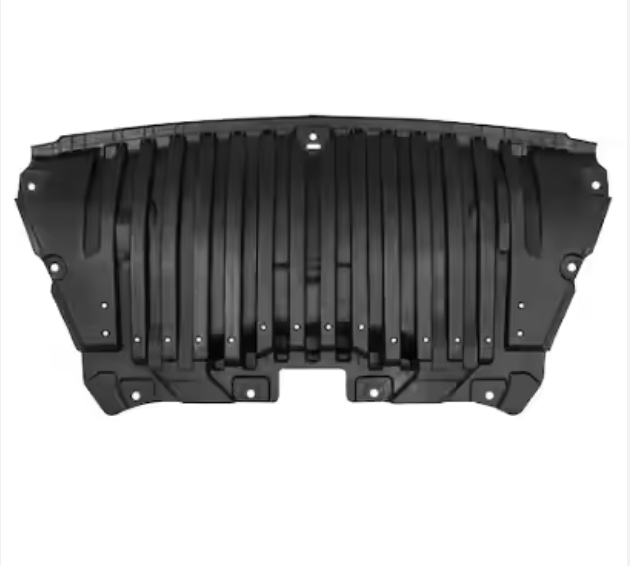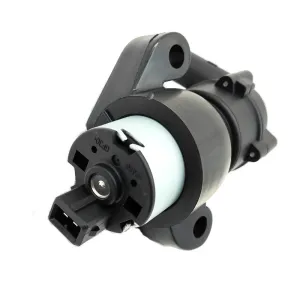Automakers and the United Auto Workers union had lobbied DOE to soften its original petroleum equivalency factor rule. They argued that more aggressive targets would have required them to sell more EVs to meet stricter federal fuel economy standards amid uncertain demand, making it impossible to comply. Environmental groups, including the Natural Resources Defense Council and Sierra Club, asked the Biden administration for stricter MPGe standards in 2021, which had not been updated since 2000. “The automakers’ free ride is over,” said Pete Huffman, senior attorney at NRDC, in a statement. “This important update from the Department of Energy will curtail automakers’ use of phantom credits they used to keep selling gas guzzlers. They now need to hit the accelerator on more fuel-efficient vehicles, saving consumers money at the pump.” The Department of Transportation uses DOE’s petroleum equivalency factor to calculate MPGe and CAFE, which averages the fuel economy of all vehicles sold by a manufacturer. The old formula equated a battery-electric vehicle with a gas-powered car that gets 300 mpg. Under the new rule, however, an EV’s petroleum equivalency factor equals a gas vehicle that gets 106 mpg. The original proposal would have reduced it further to 84 mpg. “It looks like the administration changed course and adjustments to [the petroleum equivalency factor] will instead phase in over a number of years. That’s positive,’ said the Alliance for Automotive Innovation, which represents over 40 automakers, in a blog post Tuesday. The Detroit Three automakers and the UAW had been especially concerned about the rule because General Motors, Ford Motor Co. and Stellantis sell more light-duty trucks than other vehicle manufacturers, potentially exposing them to higher noncompliance penalties for CAFE violations. GM, Ford and Stellantis could have paid up to $10.5 billion in penalties for violating federal fuel economy standards, which would have comprised 76% of all such fines, according to the American Automotive Policy Council, an industry group representing the Detroit Three. The Environmental Protection Agency is set to finalize stricter emissions standards on Wednesday.











